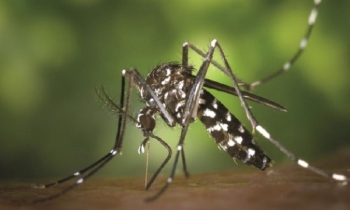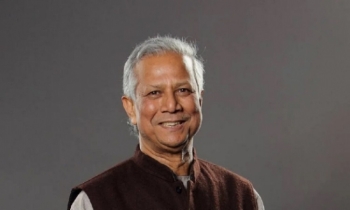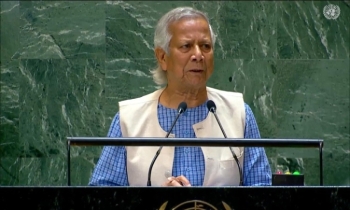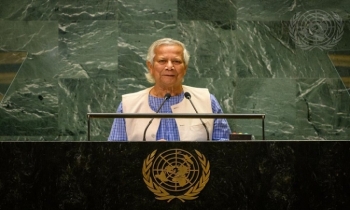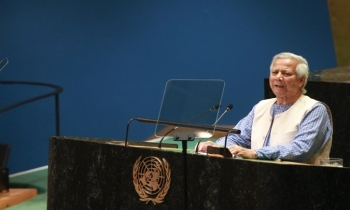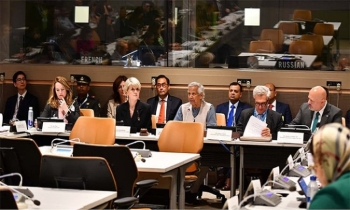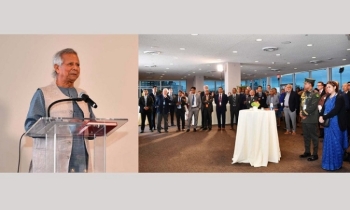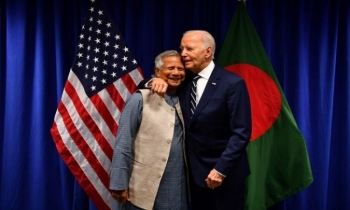81% urban, 64% rural people interested in Covid-19 inoculation: Study
BI Report || BusinessInsider

Representational image of COVID-19 vaccine
Eighty-one percent of the urban people, 64 percent of the rural people and 53 percent of the slum dwellers are willing to accept the Covid-19 vaccine, says a study.
The study was conducted from December 12, 2020 and January 7, 2021 by the North South University (NSU) Global Health Institute in assistance with University of Liberal Arts Bangladesh, the Rangpur- Hypertension and Research Center and the Bangladesh Centre for Injury Prevention and Research (CIPRB), said the NSU in a statement on Sunday.
A total of 3,647 people (the response rate was 81 percent) from eight districts, including metropolitan cities, upazilas, villages and urban slums were interviewed during the study.
The study found that if it is free, effective, secure and recommended by the government, some 74.6 percent of individuals plan to take a vaccine. Around 17.6 percent of respondents, meanwhile, were unsure if they would take it. Around 7.8 percent, on the other hand, were reluctant to take.
The intention to vaccinate among day-labors was significantly lower than respondents from other professions. Rickshaw pullers, road-side sellers, regular drivers, etc., were considered day-labors. Just 46.8 percent of day-labors reported willingness to vaccinate, while the numbers for other occupational groups ranged from 62 percent to 83 percent, it said.
The highest intention to take the vaccine was stated by the office workers with a monthly wage, and it is 82 percent and the acceptance of vaccinations by medical doctors or nurses was 81 percent. The findings indicate that people with a higher income than those with a lower income were more likely to support a vaccine.
Older adults over 60 years of age have shown a low prevalence of vaccine acceptance, 61 percent. Other age groups have shown a similar trend of vaccine acceptance in adults, especially between 18 and 50. Younger individuals under 30 years of age, for instance, reported 74 percent of vaccine approval, while individuals from the age groups 31-40 years and 41-50 years of age showed 73 percent and 78 percent, respectively. And individuals in the 51-60 age group showed 68 percent interest.
The gender gap in vaccine acceptance was slight and the figure was 76 percent for males and 73 percent for females, respectively.
The study also discussed the current chronic condition and the acceptance among the study respondents of the Covid-19 vaccine. It seems that people with underlying conditions such as diabetes, hypertension, asthma, kidney diseases, etc. demonstrated a lack of interest in the vaccine. For various diseases, the vaccine acceptance rate ranged from 53 percent to 61 percent.
Those who identified Covid-19 illness on their own were no more likely than other respondents to respond positively to the vaccine issue. The acceptance rate of this group is 56 percent.
If costs include a vaccination, the overall vaccine acceptance rate fell to 46 percent in another vaccine acceptance issue. Thus, by spending money, more than half of the individuals did not show interest in taking vaccines, said the study.

